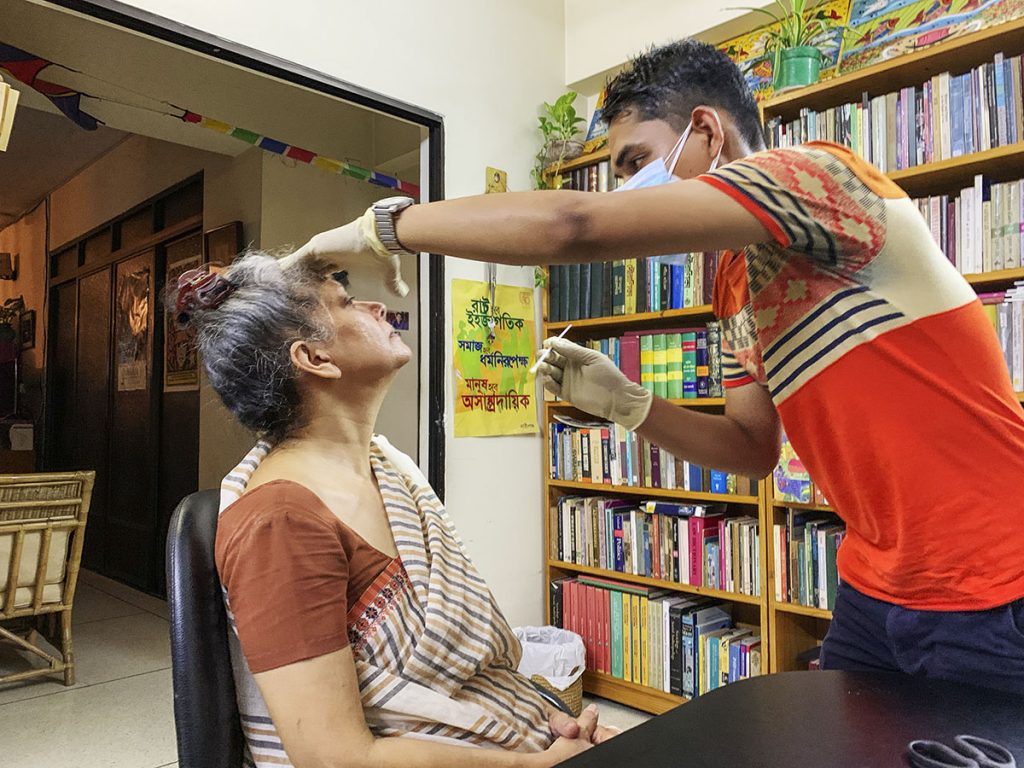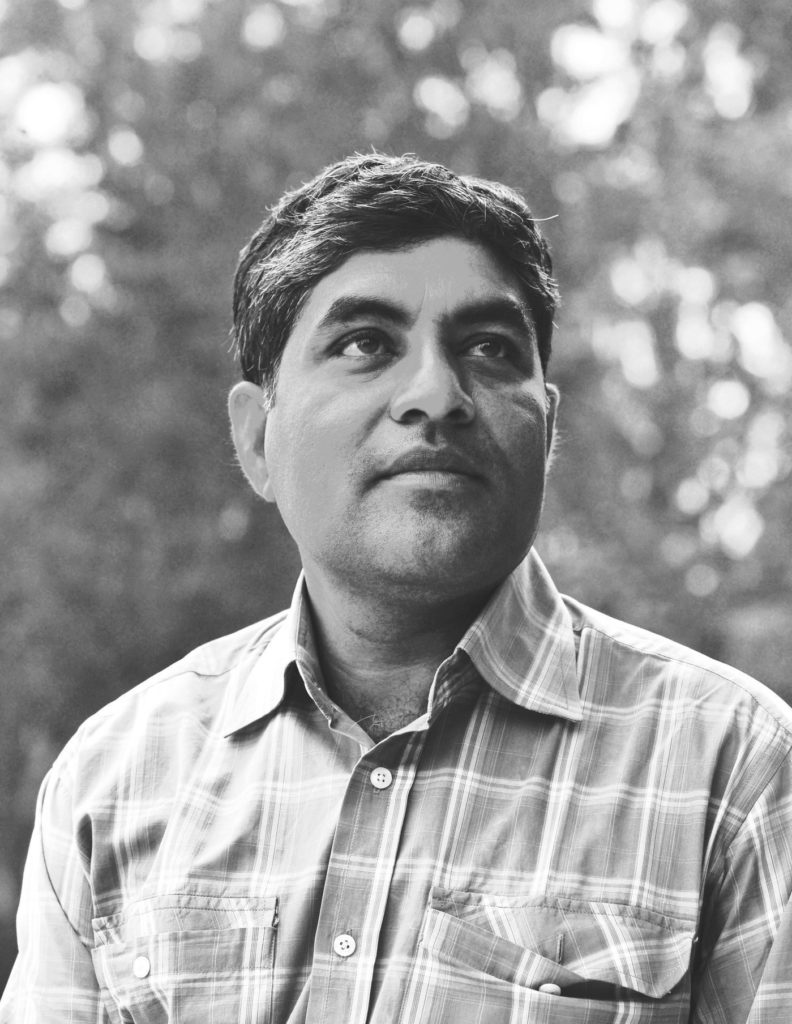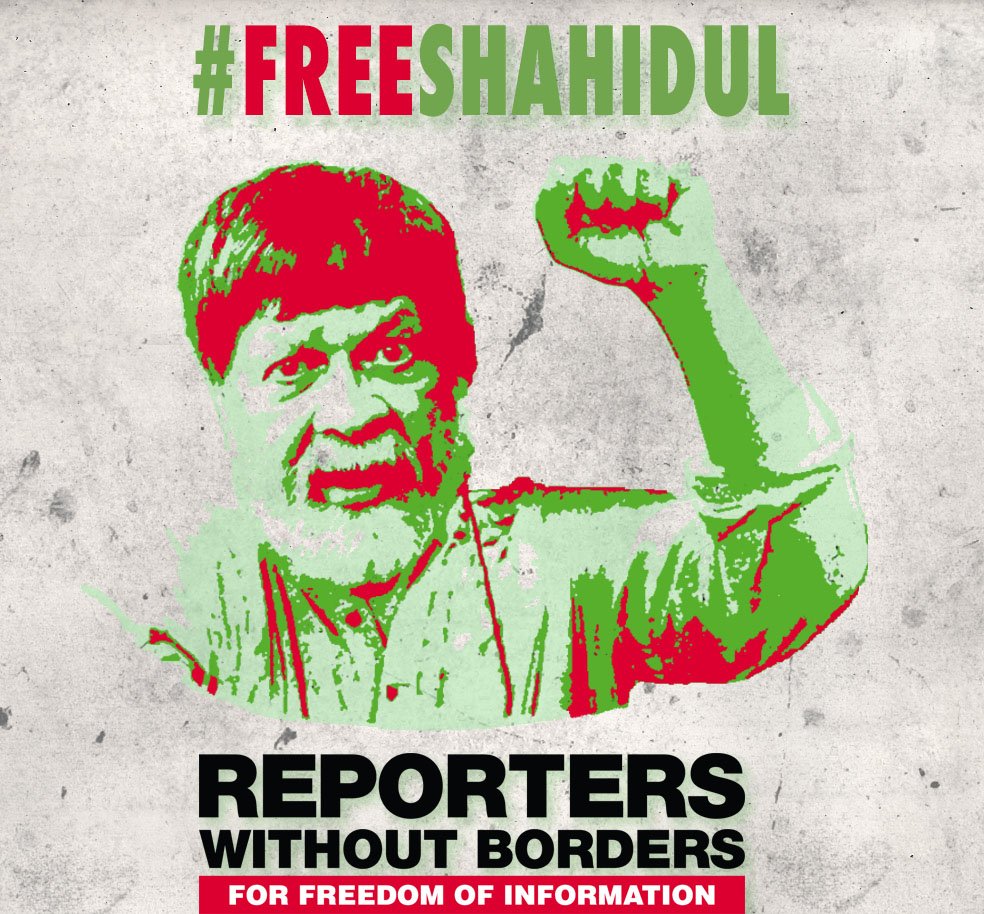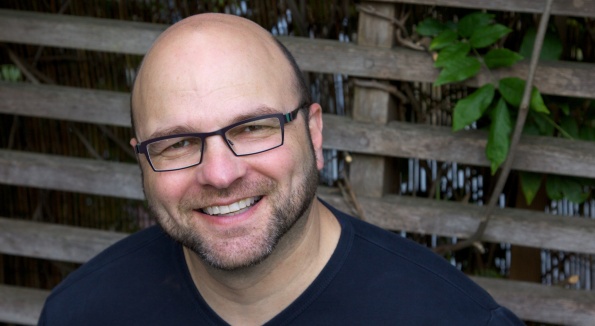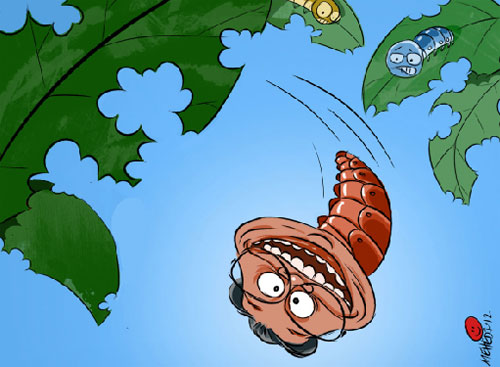
Press release
German Foreign Office and Neue Galerie Berlin will present Shahidul Alam at Deutsche Welle?s Global Media Forum and at the Global Forum on Migration and Development in Berlin.
With the book publication and the exhibition ?The best years of my life. Bangladeshi Migrants in Malaysia? the international well-known photographer and activist Shahidul Alam will be present on Monday, June 19, 2017 through the Neue Galerie Berlin and with the support of the German Foreign Office on the Global Media Forum of the Deutsche Welle. After the end of the forum in Bonn, the exhibition will be on display at the German Foreign Office in Berlin from Thursday, June 23, 2017, and will be part of the Global Forum on Migration and Development from 28 to 30 June. The Finissage will be published on 30 June 2017 at the Federal Foreign Office with a greeting from the State Secretary Dr. Markus Ederer within the framework of the GFMD. The artist will be present in Bonn and Berlin and will be available for questions and interviews. Further information on the exhibition and the artist in the appendix.
As an additional digital component, the Neue Galerie Berlin, together with the technology partner snap2live, presents the newly developed image recognition app ?Neue Galerie Berlin?. All pictures of the Alam exhibition can be scanned with the app (tentatively available on Android). Behind the pictures
About
In 2016 Tanja von Unger founded the Neue Galerie Berlin (www.neuegalerieberlin.de).
To provide a relevant platform beyond photography the businessmodel
also collaborates with publishing groups and institutions and is known for its groundbreaking presentation of photographers and their works at economic conferences and events such as the Economic Summit of the Su?ddeutsche Zeitung, Falling Walls Conference, Rheingauer Economic Forum, Global Solutions G 20 Conference of the Dieter von Holtzbrinck publishers.
Snap2Life create apps for companies in the media, publishing, automotive, business, sports and advertising sectors. Most of these apps are equipped with our innovative image recognition functionality, which we also provide as an API for integration into other apps. In a fraction of seconds we connect the offline world with any kind of relevant content from the online world.
The Deutsche Welle Global Media Forum (GMF) is the Place Made for Minds, where decision makers and influencers from all over the world come together. It?s the global platform put on by Deutsche Welle and its partners and the place where you can connect and strengthen relations with over 2,000 inspiring representatives from the fields of journalism, digital media, politics, culture, business, development, academia and civil society. The conference provides a unique opportunity to network, get inspired and collaborate using a wide variety of state-of-the-art formats.
http://www.dw.com/en/global-media-forum/global-media-forum/s-101219
?Towards a Global Social Contract on Migration and Development?
Tenth Global Forum on Migration and Development Summit 28 to 30 June 2017, Berlin
Germany and Morocco have assumed the co-chairmanship of the Global Forum on Migration and Development (GFMD) from 1 January 2017 until 31 December 2018. During this two-year period, the focus will be on the contribution of the GFMD to the United Nations? Global Compact on Migration. The Compact is intended to constitute a strong signal of the international community for an enhanced global migration policy, to be adopted by the community of states in 2018.
https://gfmd.org
